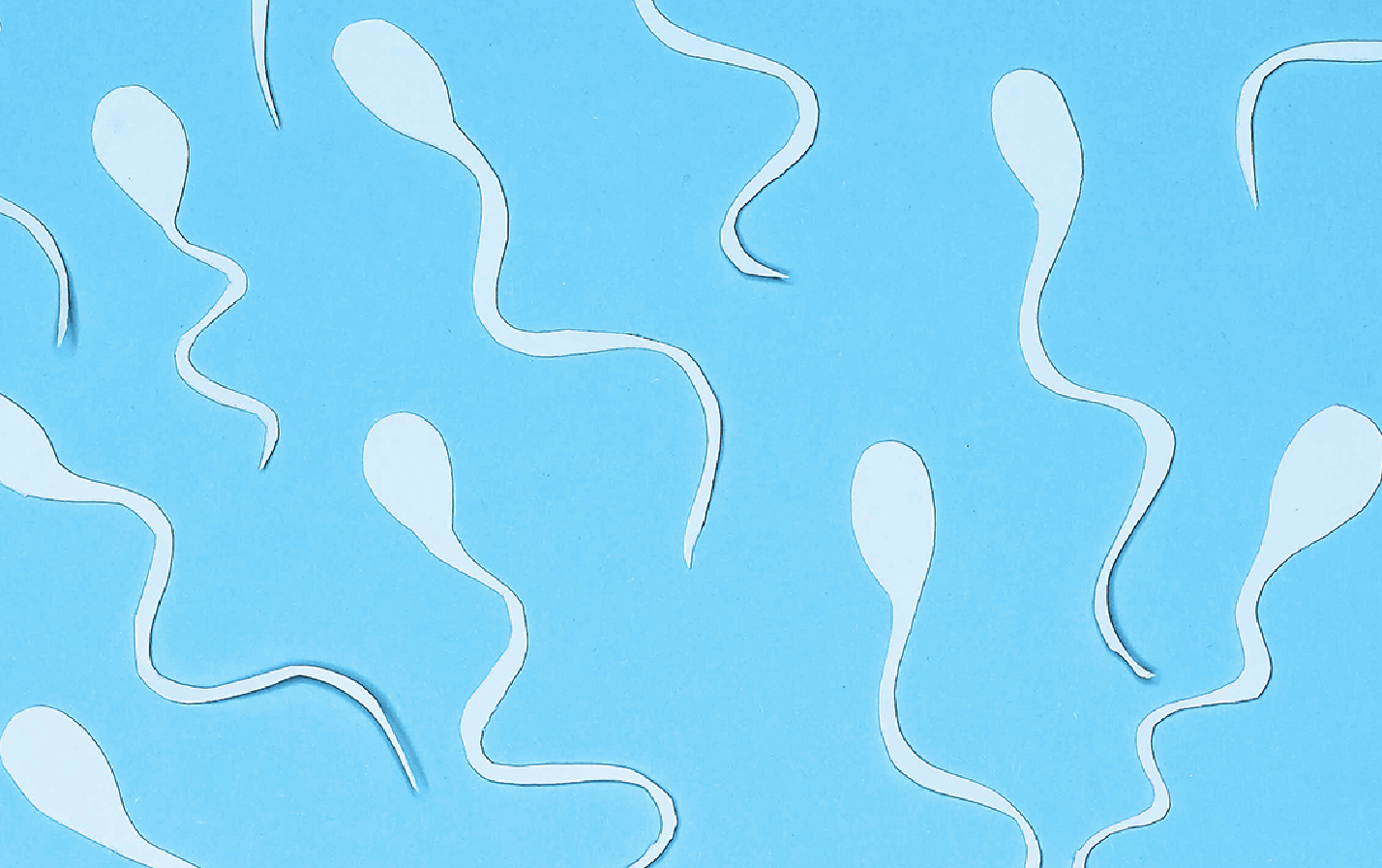
Understanding Men’s Reproductive Health & Male Factor Fertility
*We recognize that the use of gendered language may be triggering for some individuals. In this article, when we refer to “males” or “men,” please know we are referring to individuals who were born with testes.
When a heterosexual couple encounters infertility, typically the female partner is evaluated first; however, it’s important to know that male factors* contribute to about 50% of all infertility cases, preventing natural conception.
To demystify men’s reproductive health and better understand the role men play when it comes to fertility, let’s delve into the types of male factor infertility and their prevalence, male fertility testing options, and strategies to improve male fertility when trying to conceive.
Types of Male Factor Infertility
Male infertility is more common than many people realize. In fact, it affects a substantial portion of the male population. According to the American Urological Association, male factor infertility is responsible for about 40–50% of infertility cases. This demonstrates that fertility issues are not limited to women; men are equally susceptible to reproductive challenges.
Male factor infertility can result from a variety of issues, both medical and lifestyle-related. Some of the common types of male factor infertility include:
- Low Sperm Count: One of the leading causes of male infertility is a low sperm count, also known as oligospermia. In this condition, the number of sperm in a man's ejaculate is lower than the normal range (defined as 15 million to 200 million sperm per mL of semen), reducing the chances of fertilization.
- Poor Sperm Motility: Sperm motility refers to the ability of sperm to swim effectively and reach the egg for fertilization. Men with poor sperm motility may have difficulty achieving pregnancy with a female partner, as sperm cannot travel efficiently from the vagina to the uterus to the fallopian tube to reach the egg at the right place and time.
- Abnormal Sperm Morphology: The shape and structure of sperm are critical for successful fertilization. Abnormal sperm morphology can cause impaired sperm movement, reduced penetration ability into the egg, decreased sperm-egg binding, and can also be an indicator of increased DNA damage. When a significant proportion of sperm have irregular shapes, it can reduce fertility and reproductive potential.
- Ejaculation Disorders: Problems with ejaculation, such as premature ejaculation or retrograde ejaculation (where semen flows back into the bladder instead of out of the penis), can affect a man's ability to impregnate his partner.
- Hormonal Imbalances: Hormones like testosterone play a pivotal role in sperm production. Hormonal imbalances can negatively impact sperm production and fertility.
- Varicocele: A varicocele is a swelling of the veins that drain the testicles, leading to increased testicular temperature which can disrupt sperm production and function in the testes.
Fertility Testing for Men
When a couple is faced with fertility concerns, it's important for men to undergo testing alongside their female partners to identify the root cause of infertility and get a full understanding of any and all factors that might be getting in the way of their ability to become pregnant. Common fertility tests for men include:
- Semen Analysis: A semen analysis is the first step in diagnosing male infertility. This test evaluates the quantity, motility, and morphology of sperm in a semen sample. It helps determine whether there are issues with sperm production or quality. A semen analysis is a non-invasive procedure, during which the male partner produces a specimen via self-stimulation. That sample is then analyzed by the clinic’s andrology team.
- Hormone Testing: Hormone tests assess levels of testosterone and other hormones related to sperm production. Hormonal imbalances can significantly impact fertility.
- Physical Examination: A physical examination of the reproductive organs can identify any structural issues or abnormalities, such as varicoceles.
- Genetic Testing: Genetic tests can reveal whether there are any inheritable conditions or genetic factors contributing to male infertility.
Tips for Improving Male Fertility
While trying to conceive naturally, there are several strategies and lifestyle changes that can help improve male fertility:
- Limit Alcohol, Smoking, and Caffeine; avoid recreational drugs — These substances can negatively affect your fertility. If you’re trying to get pregnant, it’s best to avoid smoking and limit alcohol and caffeine consumption.
- Minimize Your Stress and Improve Your Diet — It’s a good idea to embrace healthy habits to deal with stress and maintain a healthy weight.
- Make a Few Lifestyle Adjustments — Certain environmental factors, like high heat and toxins, can have negative impacts on male fertility.
- Have Sex Regularly Near the Time of Ovulation — Posterity Health recommends couples have sex once every day or every other day during the female’s fertile window (which is near the time of ovulation). Please note, however, that if you are planning for a semen analysis, we ask patients to abstain 2-5 days before their test date.
- Consider Supplements — Nutrition is an important part of your fertility status. It may be beneficial to take a fertility supplement to support your conception journey. Keep in mind, it typically takes 3 months for a supplement to impact a male’s sperm quality.
- Speak with Fertility Specialists — Both partners should schedule an initial consultation at an IVF clinic for evaluation, and to speak to an REI to better understand any obstacles getting in the way of conception, and the treatment options available to them.
Since sperm regenerates in the testes about every 90 days, understand that lifestyle changes should be made 3 months prior to trying to conceive in order to have the best potential for better sperm quality and improved outcomes.
Male fertility is a vital aspect of the reproductive process that deserves more attention and understanding. Men can face a variety of fertility issues on their paths to parenthood, but with proper diagnosis, lifestyle adjustments, and medical interventions, many of these challenges can be overcome. By addressing male fertility concerns and adopting a proactive approach, individuals and their partners can increase their chances of building the happy, healthy family of their dreams. And if you need any assistance along the way, know that Spring Fertility is here for you!
